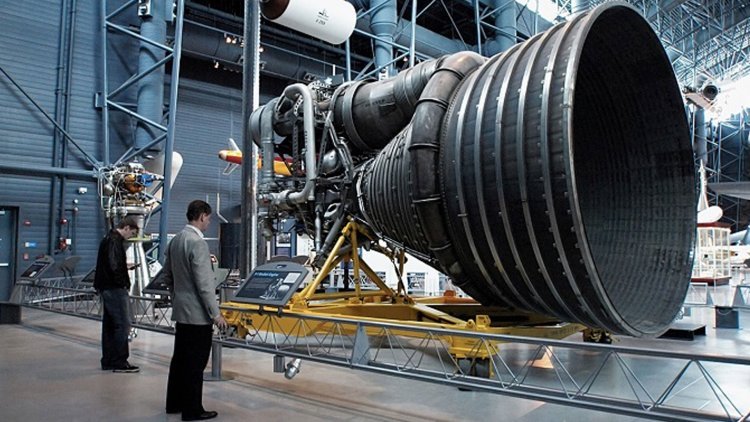HAL establishes a rocket engine manufacturing plant worth Rs. 208 crore
On Tuesday, President Droupadi Murmu will officially open the cutting-edge ICMF, which has been constructed over a 4,500 square metre space and houses over 70 high-tech tools and testing facilities for the production of cryogenic (CE20) and semi-cryogenic (SE2000) engines for Indian rockets.

A Rs 208 crore Integrated Cryogenic Engine Manufacturing Facility (ICMF) has been established here by Hindustan Aeronautics Limited to handle all rocket engine production for the Indian Space Research Organization under one roof.
On Tuesday, President Droupadi Murmu will officially open the cutting-edge ICMF, which has been constructed over a 4,500 square metre space and houses over 70 high-tech tools and testing facilities for the production of cryogenic (CE20) and semi-cryogenic (SE2000) engines for Indian rockets.
An MOU was signed with ISRO in 2013 for the establishment of a facility to produce cryogenic engine modules at HAL's Aerospace Division. It was later updated in 2016 to allow for the establishment of the ICMF with an investment of Rs 208 crore.
The pre-production activities, which include creating process and quality plans and drawings, have already started, according to Bengaluru-based HAL, which also announced on Monday that all essential equipment for the manufacturing and assembly requirements has been fully commissioned.
By March 2023, HAL stated in a statement, it would begin producing the modules. The HAL Aerospace Division produces the launch vehicle structures for the Polar Satellite Launch Vehicle (PSLV), Geosynchronous Satellite Launch Vehicle (GSLV MK-II), and Geosynchronous Satellite Launch Vehicle (GSLV Mk-III), as well as stage integration for GSLV Mk-II.
"The facility (ICMF) will house all of ISRO's rocket engine manufacturing operations under one roof. The facility will increase domestic production of high-thrust rocket engines "HAL released a statement.
According to the statement, cryogenic engines are the most often employed engines in launch vehicles worldwide. Only a few nations—the USA, France, Japan, China, and Russia—have mastered cryogenic technology to date because of the cryogenic engine's complexity.
According to the report, India became the sixth nation to develop cryogenic engines on January 5, 2014, when the GSLV-D5 was successfully flown using a cryogenic engine.
The NewsSpace India Limited (NSIL), the commercial arm of the Department of Space, recently awarded the Rs 860 crore contract to the HAL-L&T collaboration for the end-to-end development of five PSLVs over a four-year period.




 admin
admin 




















